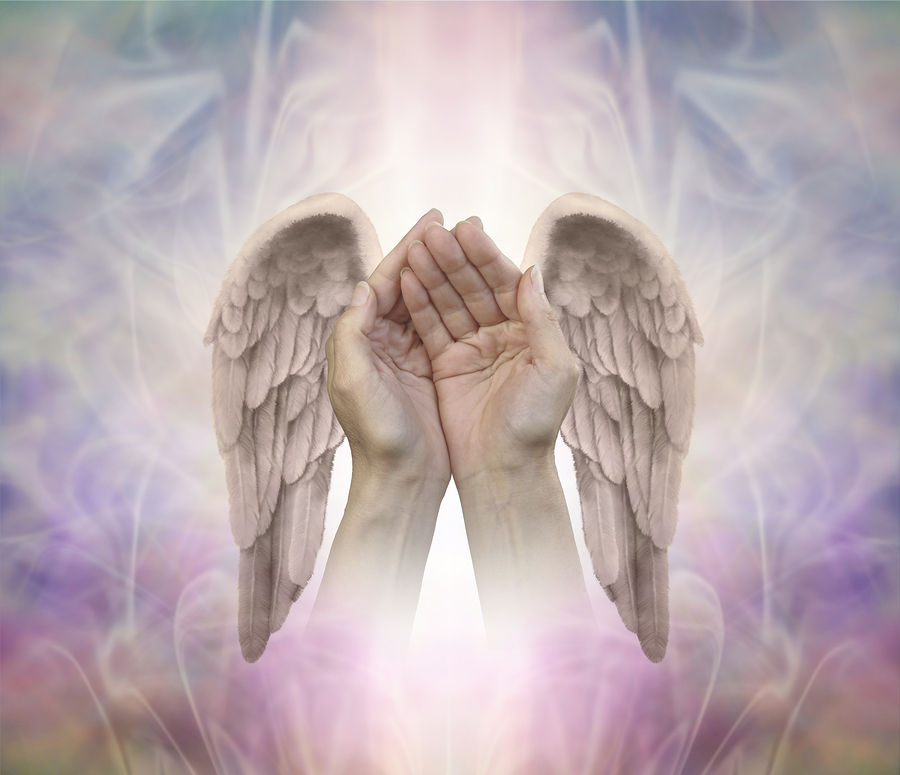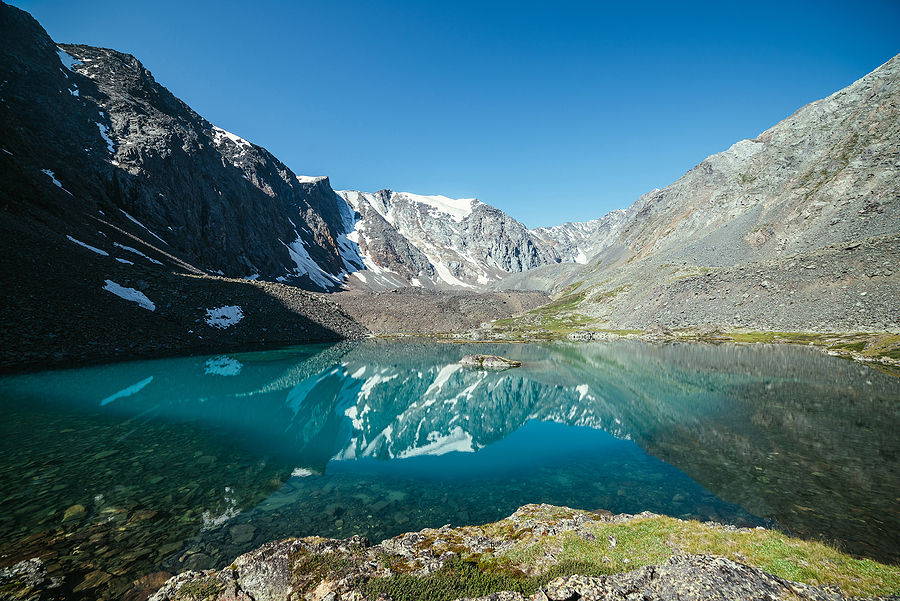
Of course we don’t need to be in a church to pray.
, ‘I pray while I am hiking’, ‘while walking in the forest’, ‘while fishing’; I have heard many statements like these, in the past I would nod somewhat uncomfortably; not infrequently, I felt the comments were said as if to ward off contagion from those of us who do go to church. Like me.
Recently, I am rethinking the connections between landscape, church and prayer, realizing that the spirit behind the comments may not be the religious antidote I had always assumed; rather that the spirit animating the words may be far holier than that found in many of our antiseptic, politically correct churches.
In fact, it is so terribly hard not to pray when looking at the snow capped mountains, a mountain top lake, the surf at sunset, we draw a breath, then another, very slowly, silently; we are struck dumb at the beauty. Beauty in all of its glorious, splendid manifestations evokes pure awe, joy, wonder, there are no words. It’s beauty after all, isn’t it? Beauty that overshadows, diminishes, dissolves the very self once we allow the piercing, poignant, splendor envelop and consume us.

The catalyst for my recent thoughts about those who prefer communion with Other
is an Irish former Catholic priest, philosopher and poet who died in his sleep at the age of 52. Krista Tippett’s On Being rebroadcast an 2007 interview with John O’Donahue. Admittedly, a part of the many reasons I have listened to this hour long podcast twice is the charm of O’Donahue’s Irish brogue but my more elemental motive was to assimilate this man’s fervid yet delicate; impassioned yet wholly gentle; tangible yet ethereal’s prose; to understand in a very new way what may be meant when I hear someone tell me that their church is the natural world.
“It’s strange to be here; the mystery never leaves you.”
Tippett is quoting O’Donnell and asks ” What do you mean by that?”
His lyrical reply is about consciousness and about awakening. Awakening, the poet declares, is really the process of understanding that our thoughts of what are around us are always less, always constrained, and never seeing the immensity of the landscape around us, in us or in the mysterious person whose home and bed we share; the mystery of everything. O’Donnell suggests to people, he tells Tippett, that most of us have seven basic thoughts about their world and their life. He suggests that they write down those thoughts in a genuine truthful way then return to them later, perhaps then, truths will reveal themselves.
The philosopher muses about the many people he knows who want to change…others….their work….their life; when all they need to do is to change their thoughts, the way they think, as he speaks, it is with awe about the profound power of thought, the sheer miracle of consciousness.
“Each of is an artist,” he claims, “Each of us is involved in creating the world with each and every thought we think.”
On Being
These are just a few of the reasons we are struck dumb in the Presence of Beauty; this is what we mean when we claim that we don’t need church to pray; it’s the silence and the solitude, the otherness of the mountain that brings us out of our silliness, our pettiness, our smallness.
Wistfully, Tippett asks O’Donahue, “Are all the crises we see in marriage, in friendships due to the fact that we are no longer capable of love?”
“N0,” replies O’Donnell after pondering her question, “I think we are less practiced…I think that it is a matter of attention…” Later, he tells Tippett that he believes that “there is an evacuation of interiority in our culture….we are tyrannized by glamour and perfection…in the end, of course the real question is about God, the most important question of our lives, but one that has died perhaps due to the poverty of our thoughts.
In reply to the interviewer’s question, “Do you think that God is related to beauty, the Irish lilt is clear and certain:
…..yes, God is beauty….



